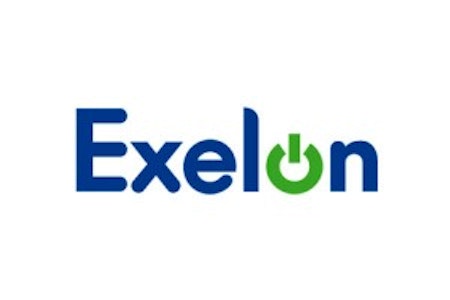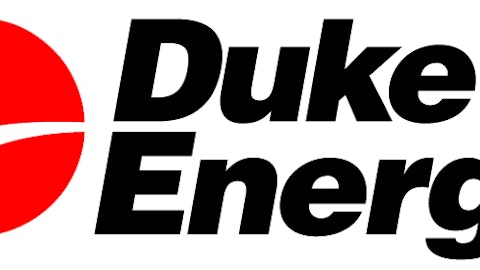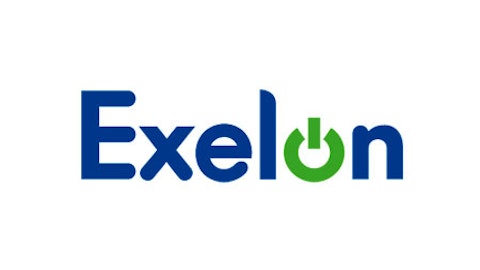
The Opportunity
Shares of this energy giant have been declining recently. This decline is partly attributed to an overall downtrend in energy stocks, and partly attributed to certain concerns regarding the ability of the company to pursue its strategic goals, specifically in the uranium segment.
Obviously, Exelon Corporation (NYSE:EXC) isn’t alone in the utility energy business. Its two main competitors are Duke Energy Corp (NYSE:DUK) and Consolidated Edison, Inc. (NYSE:ED). But following Excelon’s sharp decline, I believe that at a current price of $30, Exelon Corporation (NYSE:EXC) is much more favorable than its peers for the following reasons:
- What separates Exelon from the field is that it produces electricity from both natural gas and nuclear power. In fact, Exelon is the largest nuclear power generator in the United States. This gives Exelon a competitive edge because it’s a low cost power producer. Duke and “steady Eddi,” on the other hand, don’t enjoy the benefit of producing electricity from nuclear energy.
- In early 2012, Exelon attained an electricity trading operation. That means, in addition to producing power, Exelon also operates a “trading desk” through which it buys and sells electricity to other providers. That’s important, because it allows Exelon to more fully exploit the price difference between gas and nuclear power. Again, Duke and Edison don’t have their own electricity trading desks. They pay for its services via a third party.
- Exelon is very cheap compared to its rivals. It currently trades at a forward price-to-earnings of only 13.5x. That’s cheaper than the P/E of 15x for both Duke and Edison. In addition, Exelon trades at a price-to-sales of only 1.1x. That’s dirt cheap, especially when you compare it to Duke’s 2.2x and Edison’s 1.5x.
Why not just buy shares for $30?
When this much skepticism enters the market, the premium on options in general — and put options in particular — rises exponentially. This means that investors are now able to take advantage of this scenario by selling put options and pocketing fat cash premiums on this trade. As of this writing, shares of Exelon Corporation (NYSE:EXC) are trading at $30.3 and the October $31 puts are selling for $1.85. This translates into an immediate 6% gain on your investment by waiting four months until the October expiration.
To put it differently, investors can act as an insurance company and collect a premium of $185 for each option contract they sell. This contract, in turn, obligates them to buy shares of Exelon Corporation (NYSE:EXC) on the expiration day of October if shares of Exelon are trading under $31. Repeat this trade 3 times a year, and you will have an 18% return annually.



